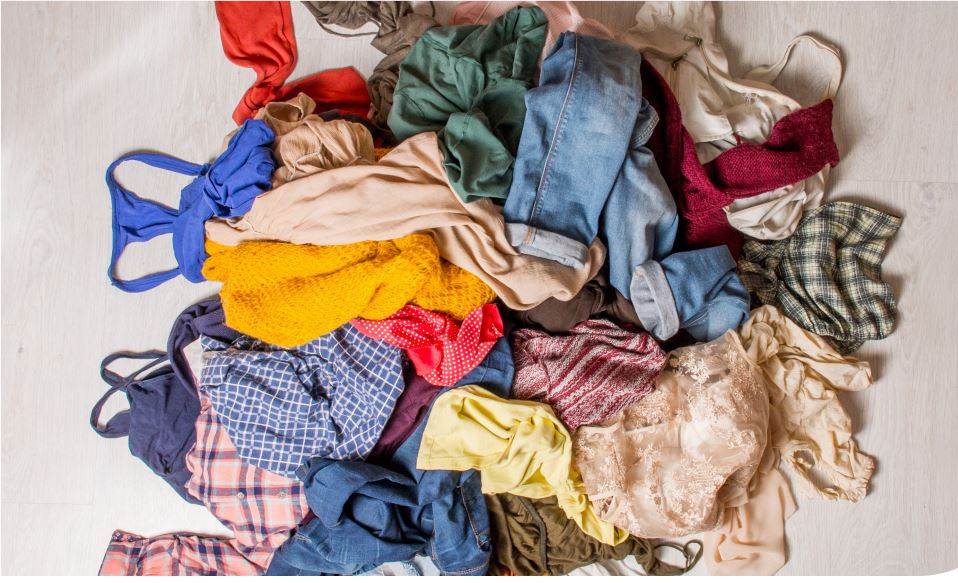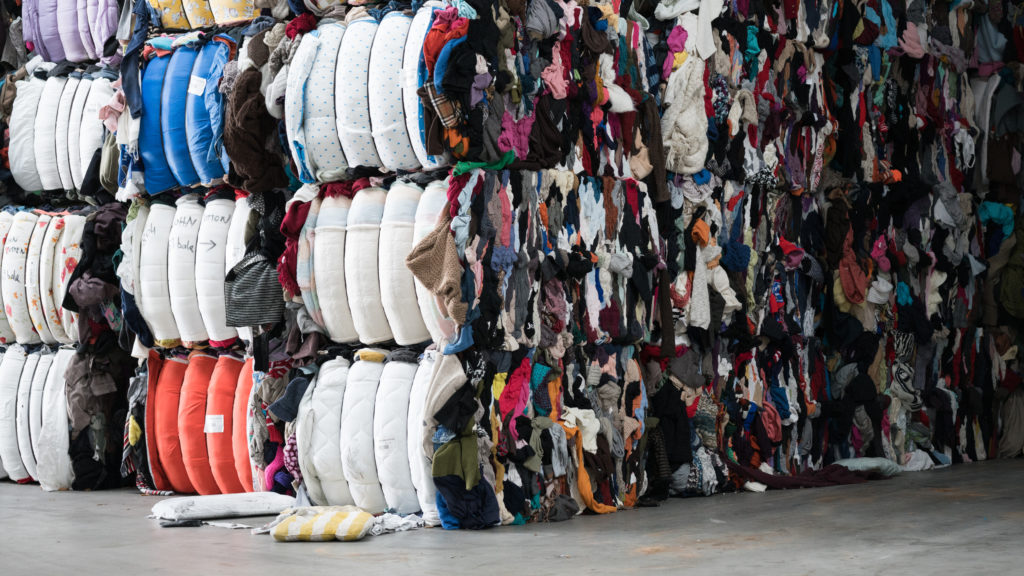Published by Cambridge University, the 84-page 'Well dressed?' study was funded by Biffaward and examines the present and future sustainability of the textile industry.
” What is without doubt, is that textiles and clothing can make a highly significant contribution to the UK's waste reclamation goals “
– Alan Wheeler, TRA
In the report, Cambridge University agreed that improved sorting and collection infrastructure, such as separate council collections of textiles, would be necessary to tackle the UK's growing abundance of textiles – especially with the advent of “fast fashion”, which sees “30kg of textiles a person” sent to landfill a year.
Speaking to Letsrecycle.com today, the Textile Recycling Association welcomed the report for encouraging sustainable practise – and showing that textile arisings were much greater than previously thought.
The TRA warned last month that outdated information on textile arisings was discouraging councils from collecting textiles (see letsrecycle.com story).
But TRA secretary Alan Wheeler believes that textiles could in fact make a “significant contribution” to council recycling targets.
He remarked: “What is without doubt, is that textiles and clothing can make a highly significant contribution to the UK's waste reclamation goals, if there is more investment in collection and processing infrastructure.”
Mr Wheeler explained: “Their research shows that as a nation we purchase around 2.15 million tonnes of clothing and textiles a year (35kg a person). This suggests that we are buying much more than we are recycling or throwing away. Defra estimates that only 1.1 million tonnes of textiles were thrown away in our bins in 2003 and 303,000 tonnes were reused or recycled.”
Collection
In the “Well dressed?” study, researchers look at how collections could be financed. They proposed that this could be funded by an eco-tax on new clothes, as has been mooted in France (see letsrecycle.com story).
The report also suggested that recycling is significant for materials such as viscose, because it creates a higher environmental impact in its production phase – which is energy intensive.
However, it added that the energy used to recycle other materials, such as cotton, “dwarfs” the amount of waste produced from incineration – thereby promoting thermal treatment for some material.
| Related links: |
Writing in the executive summary, the Cambridge academics said: “The UK's current behaviour in disposing of used clothing and textiles to landfill is not sustainable as volumes are growing. Incineration is preferable to landfill, as it allows energy recovery and reduces final waste volumes.”
Summing up the research, Peter Jones, director of development and external relations at Biffa, commented: “The textiles research offers an invaluable insight into the dynamics of our clothing, carpet, textiles and furniture sector, in ways which purely financial data fail to convey.”










Subscribe for free